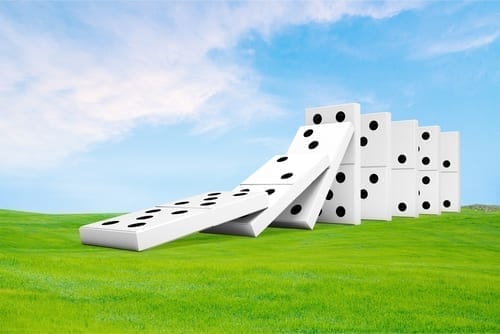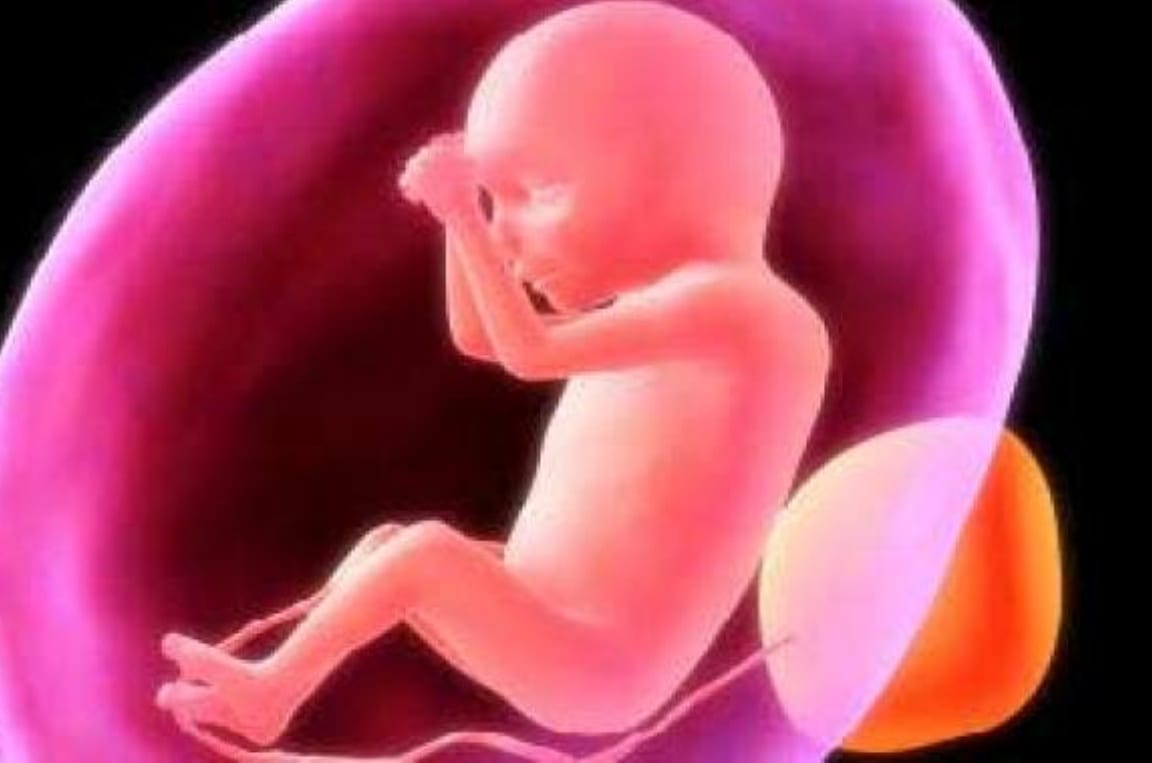They rarely ask where the Creator fits into the picture. They want to know where they fit into the giant mystery of being. Their intuitive sense is that all lives have meaning. In their world, the right to choose and to seek happiness is a given. If you suggest that if one relates to the planet as a random result of cosmic cause and effect, there is no “meaning,” and there are no “rights” (or “wrongs,” for that matter). They know that the answers today’s society gives them when they seek meaning are at best riddled with inconsistencies and relativism, and at worst glib lies.
When you “introduce” Hashem, the Source of all reality, Who created the world to follow a specific plan, the picture comes clearer, but the basic question that fuels their search has not yet been addressed. We are here. Our lives mean something. Now what?
The Torah tells you what every aspect of life is about, what every experience can mean, and what every relationship can say. Secular information can open your eyes to detail, intricacy and function; it doesn’t tell you anything about meaning, about putting the pieces together. You are left with all the pieces of the puzzle laid out in front of you, but no way of figuring out what the puzzle is meant to look like or how to put it together.
Debra was enslaved to the Now. Anyone over 30 was suspect. Anything safe was boring. Anyone who was planning to 9:00-to-5:00 it was someone she didn’t want to know. Life is to be lived to the fullest. No experience is worth refusing or regretting…. She reached the dreaded third decade, found that all airports look alike, and discovered that loyalty is a virtue. She began to look for how the pieces of the puzzle fit together.
Rav Saadiah Gaon is reputed to have answered what sounds like a simple legal query with his usual philosophic profundity. “When a person is forced, for medical reasons, to eat on Yom Kippur, the proper way to do this is to have his food in small increments. There also should be time and space separating each of his micro-meals. Even though ultimately he eats the same amount as he would have had he eaten a normal meal, there is something else involved.”
He famously said, “The whole is greater than the sum of its parts.” Obviously this doesn’t mean that there is no value in observing the parts. It does, however, mean that there is more to the search than meets the eye. Maharal often uses the word nivdal when talking about Torah … the literal meaning of the word naval is transcendent. Arguably a closer translation would be “free.” Time and space are intertwined, and they are harsh masters.
Fraidy’s life was entirely different from Debra’s. She got good grades, was a good girl, found a good job, married a good boy. But once she had all the above, she still wondered what it was all about. The one topic that somehow never made it into her chinuch was her relationship to Hashem, and her unique purpose in being.
Rabbeinu Bachyei tells you that “the Torah removes your blindness.” The word for “blind” in Hebrew, iveir — ayin, vav, reish — is composed of the same letters as the word ohr, which means “skin.” Skin is visible, but its function is to cover and to protect. A blind man has to function in a world in which concealment is the name of the game. The Torah teaches you to see beyond externality. It forces you to examine where Hashem’s will fits into the greater picture. Struggling with Torah texts is the struggle for truth; the process is a significant part of moving beyond meaningless day-by-day living.
If you were at the zoo the same day that the fabled blind men went to “see” the elephant, you would observe the classic exercise in relative truth. One would say the elephant is like a wall, because he felt its vast and hardened side. Another would say that it’s like a snake, because he felt its trunk. Still another one would say that it is like a seashell because he touched the elephant’s toes. In Liberal Land they would say that each one has his own truth.
From the perspective of Torah we would say none of them has a genuine picture of the truth. Learning Torah gives you a view of reality that begins far beyond the mask of time and space. Your questions now are twofold. One is: “What does the meaning of life really say?” The other, just as relevant, is: “What does it say to me?” “Now what?” is no longer the question.
With Kind permission from Hamodia
Without prescription. Reasonable prices for most popular drugs and trustworthy delivery. cialispascherfr24 Anti-acidity, Weight.





